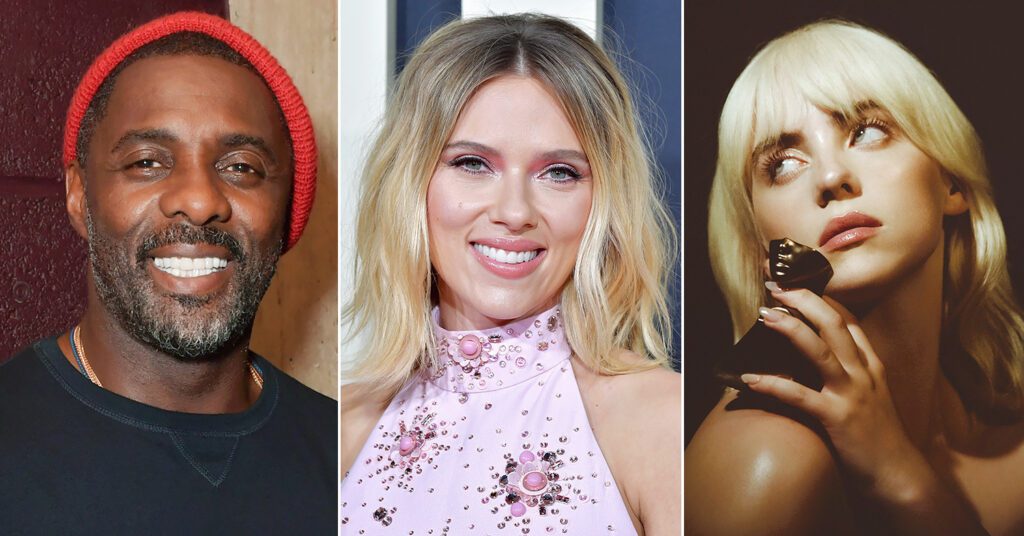The celebrity beauty boom isn’t slowing down. Sabrina and Idris Elba, Scarlett Johansson, and Gwen Stefani are the latest celebs to announce they’re launching skincare brands. Like many that came before them, each positions natural ingredients, a cruelty-free status, or sustainability as core to their mission—or at least their marketing. But has this influx of fame made an impact on the overall environmental footprint of one of the world’s biggest—and most wasteful—industries?
Every year, makeup and skincare produces around 120 billion units of packaging. And the growing fast beauty market—which encourages consumers to buy new products constantly, sometimes offering delivery times as short as 2 hours—contributes to the detrimental impact of the shipping industry. (As a whole, shipping emits nearly a billion tons of carbon dioxide every year.) Consumers are aware of these environmental problems, and it shows in their buying habits. In fact, according to a 2021 survey, more than half of adults consider sustainability when purchasing cosmetics.
Not all celebrity beauty brands are created equal, or sustainable
These days, it’s rare that any brand debuts without at least a little sustainability-focused marketing. But the beauty industry is not a monolith, and neither are celebrities. While some big names genuinely seem to be launching skincare and makeup companies with impact missions and a commitment to low-waste packaging, others are lacking.
For example, when Selena Gomez founded Rare Beauty, she also started the mental health-focused foundation Rare Impact that would benefit from the launch. Her brand also has a website page dedicated to sustainability, where it details its commitment to recyclable, compostable, and refillable packaging options.
In contrast, some stars have teamed up with big fast beauty brands to launch collections. Makeup Revolution, for example, frequently partners with celebrities and influencers to help sell products. In these instances, while the formulas may be touted as vegan or cruelty-free, the sheer size of the corporation, and the rate at which it encourages consumption, just isn’t sustainable. (More on how to spot a fast beauty retailer here.)
The growing celebrity slice of the cosmetics market reflects what’s going on in the wider industry. Greenwashing is rife, and there are few regulations to control terms like “vegan” or “zero waste,” or even define them and how they should be used. But there are still things we can do to purchase more consciously. Before you buy from a celebrity beauty brand or collection, ask yourself: does it provide any details on how it reduces its environmental impact? Is it embracing low-waste innovation, like refillable packaging? Is it mission driven?
As consumers, we can do our own research, and hold all brands to the same standard, celebrity face or no celebrity face. We’ve pulled together some examples of celebrity brands from 2021 and 2022 that have been open about their sustainability and social impact commitments. Plus three new announcements to watch.


